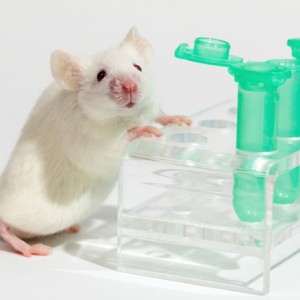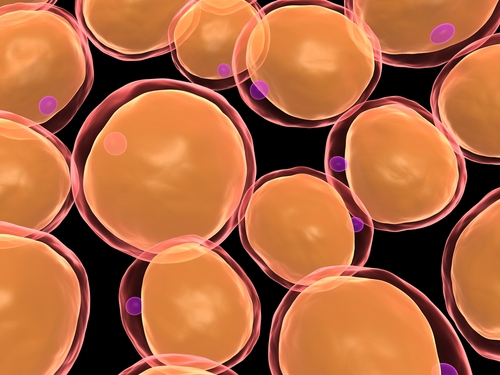 A new study found that a specific compound called BHB is elevated by starvation, caloric restriction, high-intensity exercise and can inhibit an area of the immune system that is involved in inflammatory conditions such as type 2 diabetes, atherosclerosis and Alzheimer’s disease. The results are published in Nature Medicine.
A new study found that a specific compound called BHB is elevated by starvation, caloric restriction, high-intensity exercise and can inhibit an area of the immune system that is involved in inflammatory conditions such as type 2 diabetes, atherosclerosis and Alzheimer’s disease. The results are published in Nature Medicine.
“These findings are important because endogenous metabolites like BHB that block the NLRP3 inflammasome could be relevant against many inflammatory diseases, including those where there are mutations in the NLRP3 genes,” said Vishwa Deep Dixit, professor in the Section of Comparative Medicine at Yale School of Medicine in a recent news release.
In their study entitled “The ketone metabolite β-hydroxybutyrate blocks NLRP3 inflammasome–mediated inflammatory disease,” the research team from Yale University found that β-hydroxybutyrate (BHB) directly inhibits NLRP3, a molecule found in a set of proteins named inflammasome. The inflammasome is responsible for stimulating the inflammatory response in conditions such as autoinflammatory conditions, autoimmune disorders, type 2 diabetes, Alzheimer’s disease and atherosclerosis.
According to the study, BHB is a metabolite that is elevated by starvation, caloric restriction, high-intensity exercise, or low-carbohydrate ketogenic diet.
Evidence supports that calorie restriction and fasting can reduce the body’s inflammation, however, it remained unknown how immune system cells can adapt to the reduced levels of glucose and if they are able to respond to the metabolites that are stimulated from the fat oxidation.
The researchers worked with mice and human cells from the immune system and concentrated their efforts in understanding how macrophages (cells involved in inflammation) respond when they are exposed to ketones and also if there was an impact in the inflammasome.
The researchers gave the BHB to the mice models that had inflammatory conditions triggered by the NLP3. They observed that the compound was able to diminish the inflammation. The inflammation was also diminished when the researchers gave the mice a ketogenic diet, elevating the BHB levels.
“Our results suggest that the endogenous metabolites like BHB that are produced during low-carb dieting, fasting, or high-intensity exercise can lower the NLRP3 inflammasome,” said Dixit in the news release.


